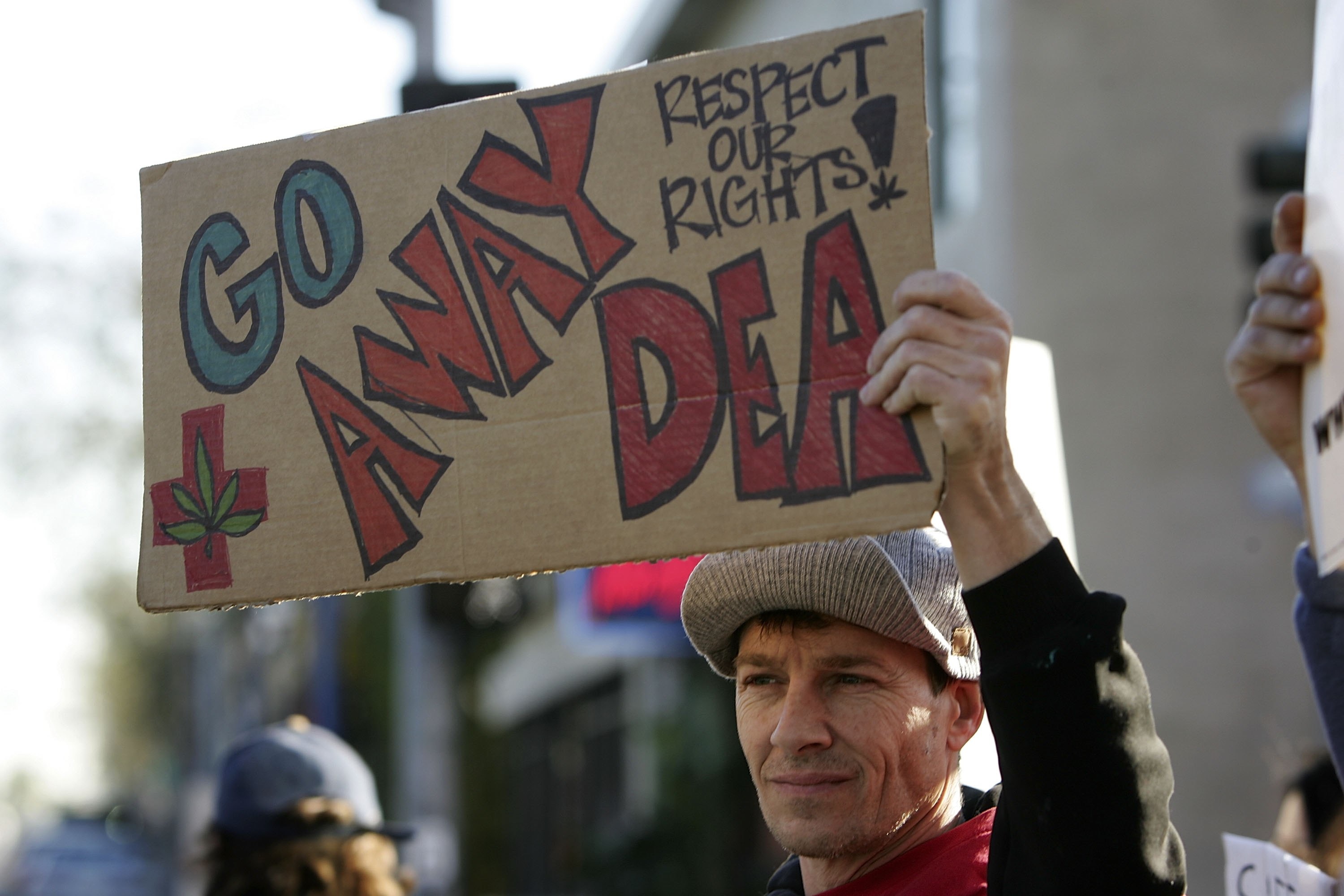cbd
With the approval of a childhood epilepsy medication the federal government can no longer claim marijuana has no medical benefit.
Studies have shown that cannabidiol (CBD) can help with epilepsy, heart disease, diabetes, and even schizophrenia.

